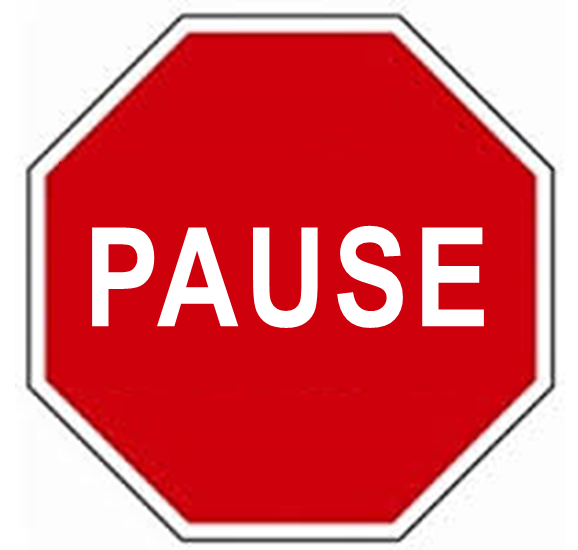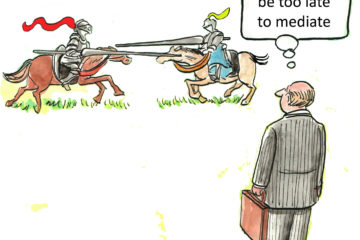| Lately, we have had several inquiries for de-escalation training from businesses ranging from medical practices to tow truck companies. They’ve noticed an increase in aggressive and abusive patients and customers. Abusive and aggressive customers can be frightening, even when you know how to respond. These highly emotional people have a need that has not been recognized. You may want to reprimand them or even reject them when they express themselves inappropriately. That doesn’t solve their problem or help your brand reputation or potential long-term business relationships. Some businesses are tempted to build a defensive fortress so that their frontline staff are protected from verbal attack. While having a high countertop between customers and staff can give some degree of protection, distressed customers or patients who display their distress in verbally aggressive ways are not usually a physical threat. They are highly emotional, and they need to be served. |

Why is it so difficult to manage aggressive customers?
| When confronted by an upset person your fight/flight response is activated. Your whole body is primed in an instant to ensure your survival. You have an instinctive choice to fight back or run away. Your rational brain shuts down while your emotional brain takes over. There is little time for careful thinking when you are under this verbal attack. In extremely rare instances you may need to flee if there is a real physical threat but mostly you need to calm down and serve the person who is upset. |
What can you do to de-escalate?
| Three things to help you calm down and de-escalate the situation. Breathe. Taking deep breaths helps to slow you down and will also help the other person get a sense of your calm. In these emotional situations things move fast. Slowing down can help change that. Name your feelings to yourself. You are having a reaction and unless you want to be driven by your own reactive feelings you need to name them. To name them is to tame them. Reactivate your thinking brain which shuts down when you are in fight/flight mode by asking yourself a question which may be: “I wonder what other things in their life might be affecting this person that gets them to be so distressed?” This will help activate your thinking brain and expand your appreciation of their difficulties and give you a better chance of showing them empathy. As you calm yourself down you will be better able respond to the person in front of you and acknowledge their distress. This is very simple but not easy. To acknowledge their feelings is probably THE most powerful thing you can do that will help them calm down. In a low, slow, calm voice, without judgement, acknowledge their feelings. |

| This is at the heart of the training that we do at Thriving Under Fire. We have many examples of people reporting how this works so well when they do it. De-escalation training reduces stress for everyone, saves management time dealing with conflict and lessens the need for expensive front office renovations. These same skills work with highly distressed workmates as well as highly emotional moments at home or in other areas of your life. |
| Stay safe and be kind – to yourself and others. John Faisandier. P.S. We can offer this training online for those who are unable to attend a workshop. We hold public workshops in Wellington throughout the year or in-house workshops anywhere in New Zealand. Get in touch if you want. Call me on 027 246 0411 to chat about how we can help your situation. contact us directly. |
